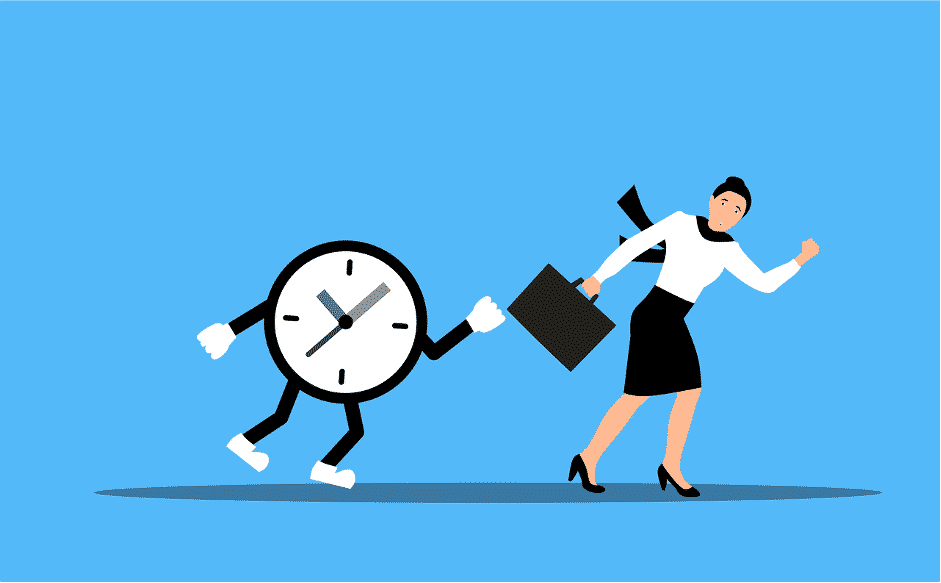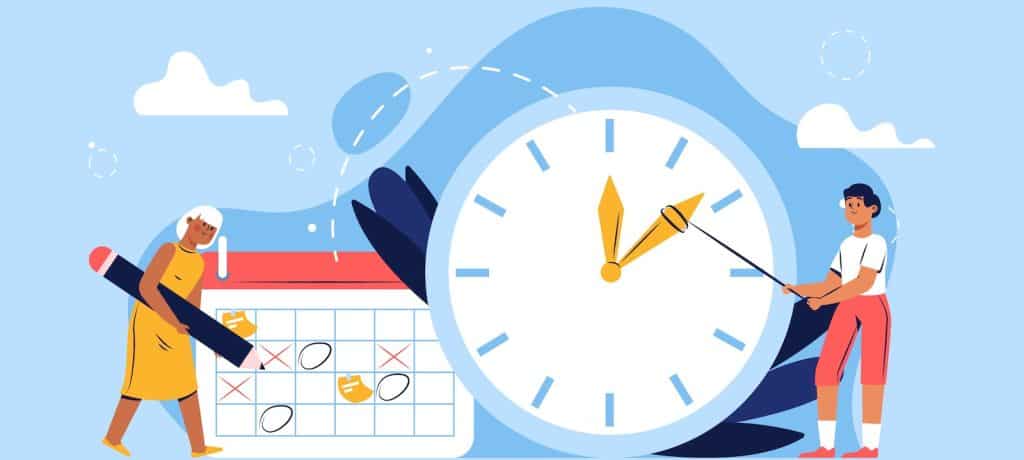What’s the most important skill for a 21st-century worker? Some might say ‘computer coding’ or something else related to knowing how the digital age works… but we have another take. There is a strong argument to be made that time management is set to be among the – or the – most important skills a person will need as the digital age matures. Of course, learning to code would be good, and staying on top of all the other myriad developments in tech isn’t going to hurt one’s employment chances either, but the trends all point to technology becoming more user-friendly and less exclusive. In other words, you won’t need to call that ‘friend who’s good with computers’ to help you figure out how to convert a PDF – or any other of the troublesome minor ‘computer things’ that bother many today. We’re headed for a future where AI technology will anticipate what you need, a future where tech is intuitive as it becomes embedded into all sorts of everyday objects and, of course, ever deeper into humanity itself.

The person who can avoid distractions and work on a single task before moving on to another is already a major asset to aby organization, and is fast becoming more prized than the person who ‘understands’ tech. In short, efficiency is becoming more important than computer skills. As it stands right now, however, many of us aren’t doing very well with time management or efficiency. The main culprit? –Digital distractions. A ping here a ding there and poof… an hour is suddenly gone. A solution some are employing to help re-train their brains is a blocking app. This is a free downloadable app that syncs across all of your devices. You can then pick out the times of the day when you don’t wish to be disturbed or decide to block specific sites or apps for certain times of the day. A blocking app is a willpower assistant. Yes, it is possible to force yourself not to get distracted by social media, or sports, or news, or whatever takes up big chunks of your workday… but having these sites or apps blocked for a specific time that you’ve set is liberating. This also harnesses the power of committing. For the most part, when we decide to try to do better, we sometimes only need a nudge – as psychologists call it – to push us back to what we’ve committed to… if we’re tempted to stray.
On top of the blocking app, it’s worth looking into whether you might benefit from mindfulness training, which sounds very ‘new age’ but is in fact nothing more than forcing yourself to focus and push other thoughts out of your head. Interestingly, there is quite a bit of tech being developed right now that aims to assist us with learning mindfulness. For example, Mindset headphones is a company trying to raise funds via Kickstarter for the development of EEG headphones that help people by coaching them to reach deeper levels of focus. The headset comes with sensors embedded to be able to measure the electrical activity in the human brain. The headphones also listen to your environment and cancel out distracting noises. You may have already seen headsets that can help you gain control over gadgets and move things on a computer via brainpower only. One brain stimulation product from Thync Company is taking it up a notch and provides wearers with transcranial direct current stimulation (tDCS), a technique for neurostimulation. In the past, the portable Foc.us headset was used to help people with brain injuries, but the tDCS technology is now being used to train healthy people how to boost their cognitive performance. All these tech ideas share a goal: re-training our brains to focus.
It’s time we admitted that things have gotten out of control and we like an addict, don’t have control over our actions. Digital distractions come at us from every angle and it’s no wonder an increasing number of young people are being diagnosed with conditions such as ADHD. Ever seen someone watching a movie while also texting a friend? This is not multitasking (which is a myth), but rather task-switching which is extremely tiring for the human brain. We think we can do two things at the same time but in reality, it’s just the brain very quickly switching from one mission to another, which requires a lot of energy – and after a few hours of that, is it a surprise that we no longer have the motivation to finish writing a paper or report? We need to re-train our brains so that we will thrive in a digital world in which technology is set to become not a part of human culture but perhaps become culture itself.
